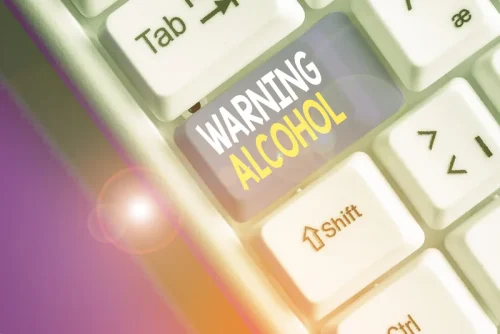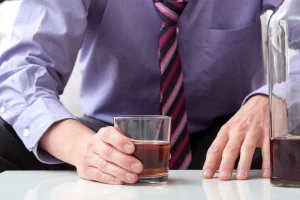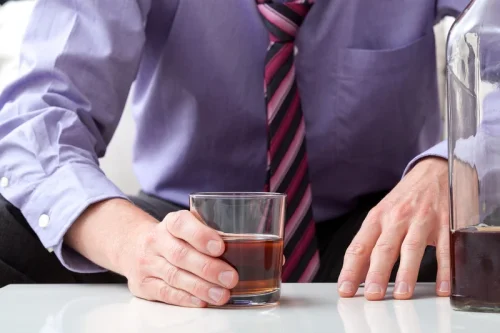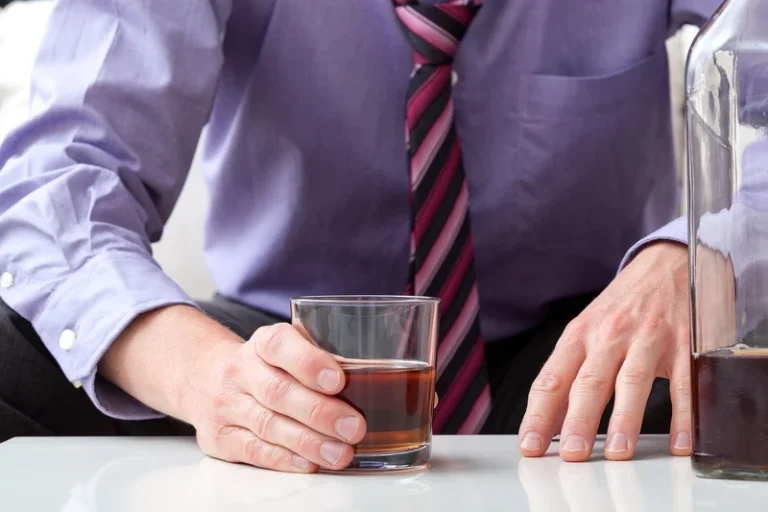Без рубрики
Dry January: how becoming a mindful drinker changed my life

A therapist trained in CBT can help you learn to replace negative thoughts and behaviors with more helpful ones. “Alcohol can also be addictive, and excessive consumption can also lead to many more serious health issues.” “Probiotics are live microorganisms such as bacteria and yeasts that are beneficial for the gut,” nutritionist and health coach Catherine Pohl told Newsweek. Options now include medications your regular healthcare professional can prescribe as well as counseling and intensive specialty programs. Stay on top of latest health news from Harvard Medical School.

Myth 2: A beer before bed helps you sleep

“You don’t sleep well when you drink alcohol,” said McKowen. “You might get tranquilized and pass out, but you don’t reach the deep levels of sleep that you need to actually feel rested.” Drinking responsibly doesn’t just come down to the amount you consume, but also how you consume it. You may hear a lot of tales around how to make drinking “easier” or “healthier,” but in reality, there aren’t any shortcuts or magic tricks out there. That’s why it’s best to consume alcohol safely and in moderation — without buying into any myths.
Sober Curiosity: Rediscover Yourself
If you can relate and have wanted to try cutting back and drinking more mindfully, try taking our 3-minute quiz to get started. We drink at work happy hours and while at restaurants on dates and when out late with friends and then again at brunch the next morning. We serve wine and beer at book clubs and volunteer meetings, during the games and to the parents at our kids’ birthday parties. Our society has long presented drinking alcohol as 1) a necessary accoutrement to a good time or 2) a problem. So often we think of life in black-and-white terms of “either/or,” but the space in between is vast. According to Bazilian, mindful drinking can result in more energy for exercise, better sleep, a better heightened immune system, and a feeling of confidence from being in control of your decisions.
- I thought I’d quit for 30 days to give myself a break and to ‘prove’ that I didn’t have a problem.
- “You’re using it as an escape hatch, and that’s a warning sign,” Dr. Specker says.
- If you feel that you are ready to learn more about making changes in your drinking click here.
- See these considerations and discuss different options with a healthcare professional, a friend, or someone else you trust.
Free 30-day alcohol tracking template (PDF)
With that said, even tripping and hurting yourself can be a sign that you might be drinking too much, Dr. D’Onofrio says. She recommends starting with curiosity about your experience. “You don’t have to make it any big deal. Just ask yourself what’s going on. What am I up to? Why do I drink when I don’t really want to? Why do I think I need to? And see where that question leads you.” If you use alcohol as a way to numb your symptoms of anxiety, this can also make the symptoms worse down the line — due to the fact that you’re not learning how to cope with how to survive summer parties and boozy bbqs your emotions properly. In other words, coffee may just mask the feeling of being drunk, which is still not good.
- We need some edges to define our experience more clearly and to make life engaging and meaningful.
- For those of us in the gray areas, mindful drinking might be just what we need.
- In fact, you shouldn’t just ignore these behaviors if you notice them in someone, Dr. Specker says.
- A diagnosis often brings relief, but it can also come with as many questions as answers.
- Do you remember the first time you were forced to set a limit on something you enjoyed?
Be curious, be patient, and remember you don’t have to do it alone. If you are curious about changing your relationship with alcohol, I created this free 30-Day toolkit to help you cut down on drinking. Even if none of the above apply, you still may want to cut back or quit drinking if you feel like your alcohol consumption is interfering with your life, creating problems in your relationships, or contributing to other issues. There are times when cutting back on your drinking can be helpful, but there are times when quitting alcohol altogether is the best solution.
- Belle robertson / tired of thinking about drinking has been interviewed by or mentioned in …
- Of course, we all can get a little carried away when a birthday party ends up being too much fun.
- Even a modest amount of alcohol can lead to a restless night.
- That means drinking in excess can make you feel worse—those hangovers hit for a reason—even if it initially helps you feel “better” while you’re drinking.
- I vividly recall the disappointment I felt when my grandma told me I could not have ice cream all day.
- Best of all, you don’t need to identify as an alcoholic to join.
- But when someone offers you an alcoholic drink, it can feel easier to accept, simply to avoid any awkwardness.
Becoming a “mindful drinker” changed my life

Once you’re ready to cut down or quit, you’ll find many helpful suggestions in the links below. My life completely changed when I did a sober challenge. I thought I’d quit for 30 days to give myself a break and to ‘prove’ that I didn’t have a problem. I don’t think banning or swearing off alcohol works for everyone. Alcohol may not be good for you, but it can be a force for good.
Mindful Drinking 101: How to Prioritize Your Health and Still Enjoy Drinking

You might have made the decision to order sparkling water — and feel great about it. But when someone offers you https://ecosoberhouse.com/ an alcoholic drink, it can feel easier to accept, simply to avoid any awkwardness. Some people might even follow your lead and have a nonalcoholic drink,” she said. Mindful drinking hasn’t caught on the way mindful eating has, but Kingsford hopes that changes.
